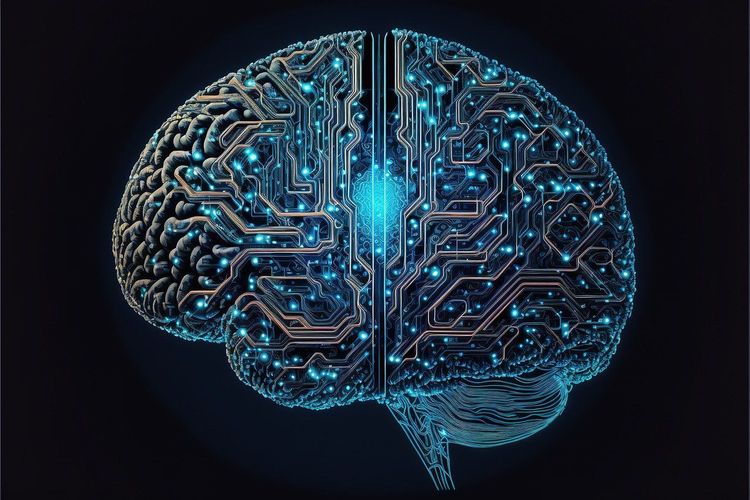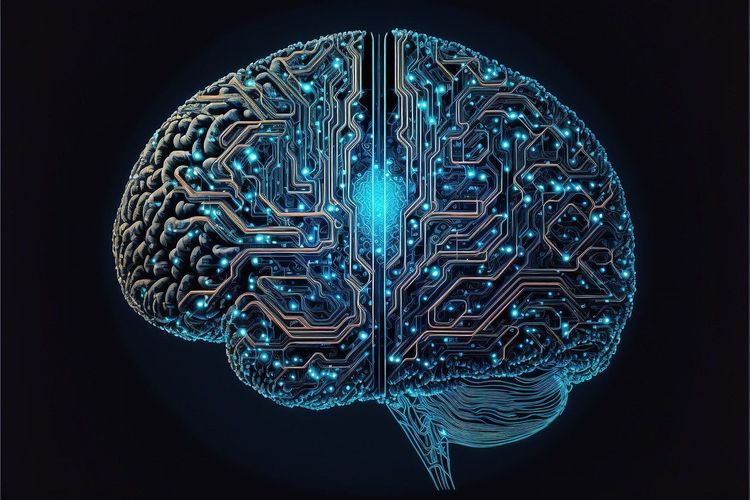New York City Public Schools Prohibit the Use of OpenAI's ChatGPT
Most people like

Revolutionizing Health: Real-Time Monitoring Through Video Technology
Discover how video-based technology is transforming real-time health monitoring, offering innovative solutions for tracking health metrics efficiently. This cutting-edge approach not only enhances patient care but also empowers individuals to take control of their well-being. Explore the potential of this technology in revolutionizing the healthcare landscape.

Discover a dynamic marketplace dedicated to buying and selling AI prompts tailored for popular platforms. Whether you're a creator, developer, or enthusiast, our platform offers an extensive collection of high-quality prompts to enhance your projects and streamline your workflow. Join a community of innovators and elevate your AI experience!

In today's digital landscape, leveraging Social Media AI is crucial for driving successful sales and marketing strategies. This innovative technology allows businesses to analyze consumer behavior, optimize campaign targeting, and streamline engagement efforts. By integrating AI solutions, brands can unlock valuable insights, create personalized experiences, and ultimately boost conversion rates. Discover how Social Media AI can transform your sales and marketing approaches to stay ahead of the competition.
Find AI tools in YBX




